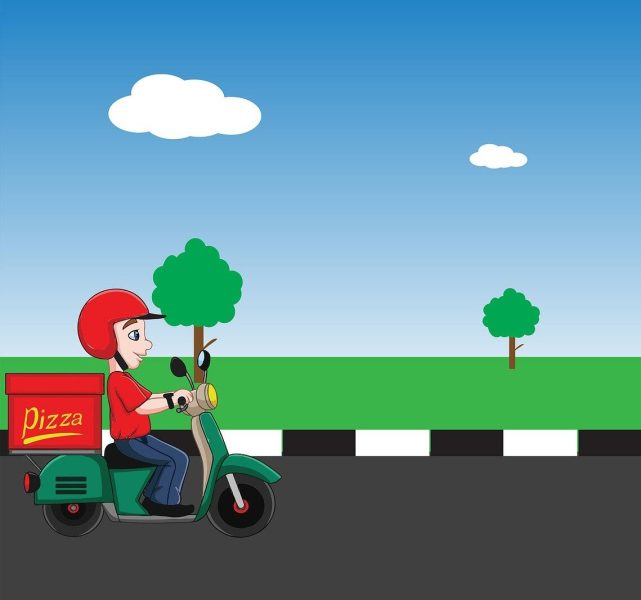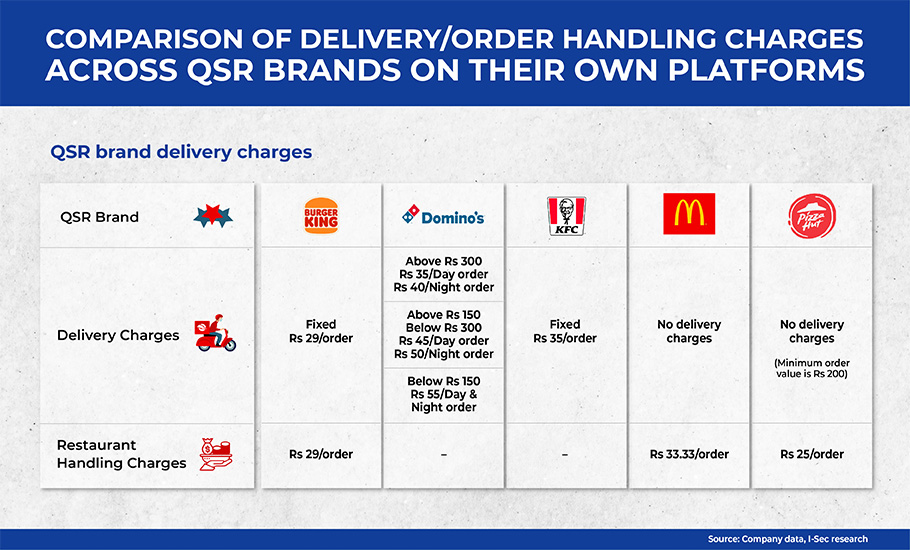
Real reason why food aggregators promise to deliver parcel in 10 minutes
Amid thinning margins, it is imperative for food aggregators to increase revenues from delivery charges; the quick-delivery is one way to that

Dunzo has put up a series of posters on main roads across cities it serves asking consumers to dump the refrigerator as it will soon deliver fruits, vegetables and other food products within 20 minutes. Zomato has already courted controversy for its proposed 10-minute delivery service while BigBasket claims it can deliver food products and other provisions within an hour.
Several states have questioned the business practices of Zomato claiming that it puts delivery executives’ lives at risk. Police too say that delivery boys routinely flout traffic rules thereby endangering the lives of commuters. Last week, Zomato reached out to Tamil Nadu state officials and promised it will not roll out the new plan in Chennai yet. Zomato officials claimed that if the pilot project across a few other cities does not yield the necessary traction, it might dump the idea completely.
At the core of such frenzied activity from food aggregators and other delivery start ups is the belief that if they do not reinvent themselves, there is the possibility of them losing ground to smaller players.

In an investor’s call soon after the 3rd Quarter results, Zomato stated that with a Rs 1,100 crore quarter run rate, it needs a 5 per cent contribution margin (the contribution currently is 1.1 per cent) from the food delivery business to break even. Zomato also shared that two of the top five cities have a contribution margin of 5 per cent plus and both these contribute 15 per cent to GOV (gross order value) combined. Gross order value is the total monetary value of orders including taxes, customary charges, gross of all the discounts. Another city in the top 5 cities has a contribution margin of 4.3 per cent and adds 15 per cent to the GOV. On a combined basis (assuming the 2 cities with 5 per cent plus contribution at about 5.2 per cent), 30 per cent of the GOV is at 4.75 per cent positive contribution while the remaining 70 per cent of the GOV is at 0.5 per cent negative contribution margins. Thus, suggesting a very long road to profitability, according to financial services and research company, Dolat Capital.
In a note to investors, ICICI Securities said while Zomato operations grew 9 per cent quarter on quarter, the customer delivery charges de-grew (went down) by 22 per cent. “We re-distributed our growth investments more in favour of discounts on customer delivery charges vis-a-vis food coupons. Customer delivery charges over the years have grown steadily as a strong validation of the convenience that our platform offers. Given the meaningful size of customer delivery charges today, we are now able to use this as a lever (in addition to food coupons) to drive growth on our platform,” Zomato said in a note.
Also read: Traffic cops throw spanner in Zomato’s 10-minute food delivery plan
But this was the case during the pandemic as customers preferred convenience over value and as the country returns to normalcy, there is a good possibility that they may seek more value for what they pay. As the adage goes, discounts never pay in the long run if the value of the product is not good enough.
Once these aggregators start rolling out short-time deliveries, which the customers have never felt the latent need for, the focus will certainly shift to the quality of food that gets delivered to them. However, food delivery app Zomato has promised to deliver food that is “sterile, fresh and hot at the time it is picked by the delivery partner” using “sophisticated dish-level demand prediction algorithms and future-ready in-station robotics.
Zomato co-founder Deepinder Goyal recently tweeted saying the company will not levy any penalties for late deliveries nor will there be any incentives for on-time deliveries for both 10-minute and 30-minute services. “We are building new food stations to enable 10-minute service for specific customer locations only,” he tweeted. So, Zomato will have some 20-30 dishes across its finishing stations from partner restaurants based on predictable particular orders are which could effectively reduce the prices of the items that get ordered.
Also read: Why Zomato’s 10-minute delivery plan prompted outrage online
Dunzo is coming up with a similar speed delivery plan and so is BigBasket. Hence, those posters asking customers to dump the refrigerators, which sound clearly far-fetched but if they are trying to create the need for such super-fast deliveries, it will obviously come at a price.
What has been left unsaid though is that quicker-than-you-can-imagine deliveries might actually cost the customers more over time as aggregators look for another lever to arrest ever-plummeting margins.


